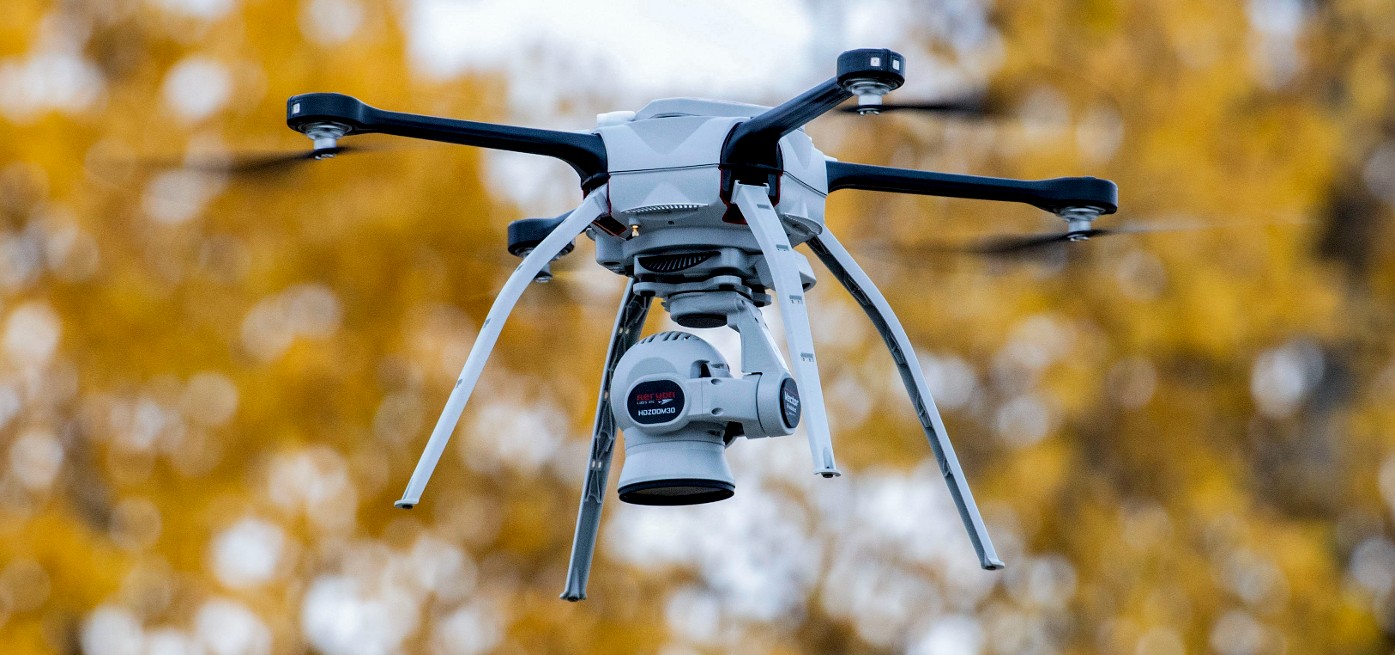
How to Block Drones with a Drone Jammer
In an age where the sky is dotted with drones, the importance of drone jammers has never been more significant. From commercial deliveries to personal

Cell phone signal jammers have become increasingly popular among customers who wish to block unwanted signals. However, many customers mistakenly believe that the installation of these devices is simple and straightforward. This article aims to address the misconception surrounding the installation of cell phone signal jammers with omnidirectional antennas and highlight the importance of proper placement.
The majority of customers purchase cell phone signal jammers equipped with omnidirectional antennas due to their belief that these antennas provide signal coverage in all directions. Consequently, customers often imagine the signal coverage area as a spherical region emanating from the jammer, with the jammer itself at the center. This misconception leads customers to assume that the installation process is straightforward and does not require careful consideration.
The installation of cell phone signal jammers with omnidirectional antennas cannot be arbitrary. Several factors need to be taken into account. In smaller spaces, such as rooms with an area of a few dozen square meters, achieving complete signal blocking is relatively simple. In such cases, the jammer can be installed in any corner or along any wall, as the signal coverage distance is sufficient to cover the entire room.
However, in larger spaces ranging from 100 to 300 square meters, the length and width often exceed 10 meters, and even reach around 20 meters. Most cell phone signal jammers, including those designed for 5G signal blocking, have an effective blocking radius of 10 to 20 meters. Installing the jammer in a corner of the room may result in a blind spot in the diagonally opposite area, where the jammer’s signal range cannot reach.
To address this problem, the most effective solution is to adjust the installation position of the cell phone signal jammer towards the center. By utilizing the omnidirectional antenna’s signal coverage characteristics, the distance between the jammer and the blind spot can be reduced. This ensures that the signal blocking is sufficient to cover the diagonally opposite area while maintaining an adequate signal coverage strength in the original location.
Proper installation of cell phone signal jammers is crucial to ensure effective signal blocking in various spaces. While smaller rooms may not require meticulous placement, larger spaces demand careful consideration to avoid blind spots. By understanding the limitations of omnidirectional antennas and adjusting the installation position accordingly, customers can maximize the efficiency of their cell phone signal jammers and achieve the desired signal blocking results.
Our frequency checker tool will help you check all frequency bands used in all country.

In an age where the sky is dotted with drones, the importance of drone jammers has never been more significant. From commercial deliveries to personal

Protect your vehicle’s location privacy with a professional guide on GPS jammers. From selection to legal considerations and installation tips, we’ve got you covered. Key

Here’s a step by step guide on how to build your own GPS jammer. Below are the main steps we are going to introduce in

Understanding Signal Blocker: How It Works and Its Applications Signal Blockers are devices that can disrupt mobile phone signals, preventing them from connecting to base

The Application and Benefits of High-Power Signal Jammers Enhancing Signal Blocking Efficiency in Various Environments In today’s technologically advanced world, the need for effective signal

Considerations for Purchasing Exam Room Signal Jammers Ensuring Effective Signal Jamming for Exam Integrity As the year approaches its end, many schools are preparing for

The Importance of Monitoring and Signal Interference Measures During Examinations During examination periods, it is crucial to closely monitor the examination venues and their surrounding

Selecting the Appropriate Cell Phone Jammer for Theaters and Auditoriums Overcoming Challenges in Installation and Maximizing Signal Disruption The Importance of Cell Phone Jamming in

Remote Control of Cell Phone Jammers via Smartphone: A Possibility? With the rapid development of the Internet of Things (IoT), numerous smart home devices have

Supplying high quality signal jamming devices since 2010. The only jammer store you can trust.
Jammer Master © 2024. Premium Signal Jammer Supplier Since 2010.